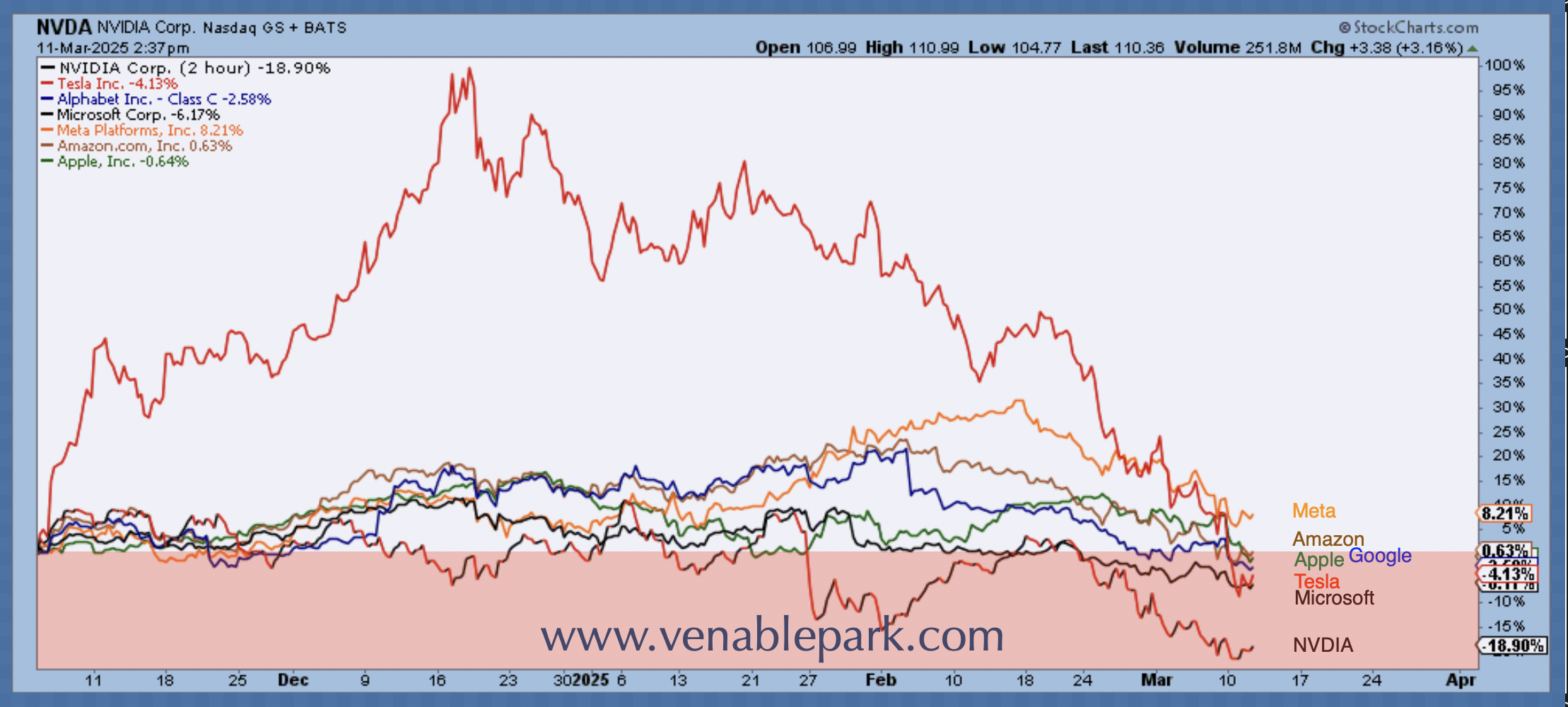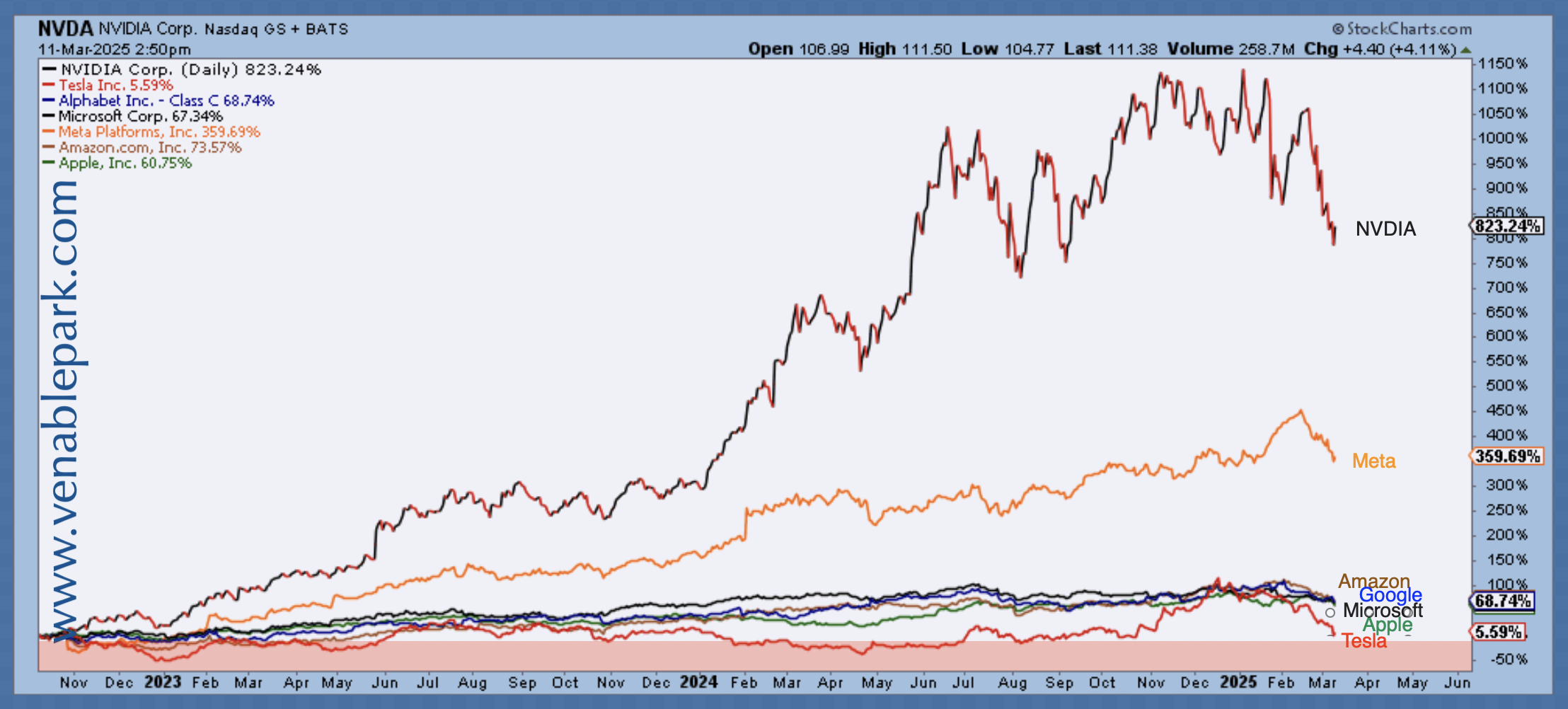As expected, the Bank of Canada (BoC) cut overnight interest rates by 25 basis points yesterday, lowering the banking system’s base rate to 2.75%, the lowest since September 2022.
In his prepared statement, BoC Governor Tiff Macklem struck a grave tone, saying, “We’re now facing a new crisis. Depending on the extent and duration of new US tariffs, the economic impact could be severe.”
Macklem said tariff uncertainty was “pervasive” and “already causing harm,” as “continuously changing” threats are hitting consumers’ spending intentions and limiting businesses’ plans to hire and invest. Canada’s unemployment rate was 6.6% in January, and job growth looks to have stalled out in February.
But, given rising costs, Macklem said central banks are limited in how much they can lower interest rates to offset economic weakness: “Monetary policy cannot offset the impacts of a trade war. What it can and must do is ensure that higher prices do not lead to ongoing inflation.” See Bank of Canada to be cautious about future rate moves: Full text.
Inflation is expected to increase to about 2.5% in March. The BoC’s preferred measures of core inflation remain above 2%, mainly because of the persistence of shelter price inflation (home prices and rents are still crazy high). Now, short-term inflation expectations are rising further due to fears about the impact of tariffs. This is a stagflationary mix.
The BoC “will proceed carefully with any further changes” to borrowing costs, as officials would “need to assess both the upward pressures on inflation from higher costs and the downward pressures from weaker demand.”
The Canadian dollar strengthened on the prospect of slower rate cuts while treasury bonds sold off, pushing up yields and fixed-term loan rates—the opposite of what borrowers and exporters hoped for.
A wall of pandemic-era loans renewing at much higher interest rates in 2025-26 was daunting enough. Trade disruptions and stymied central banks magnify the challenges.




